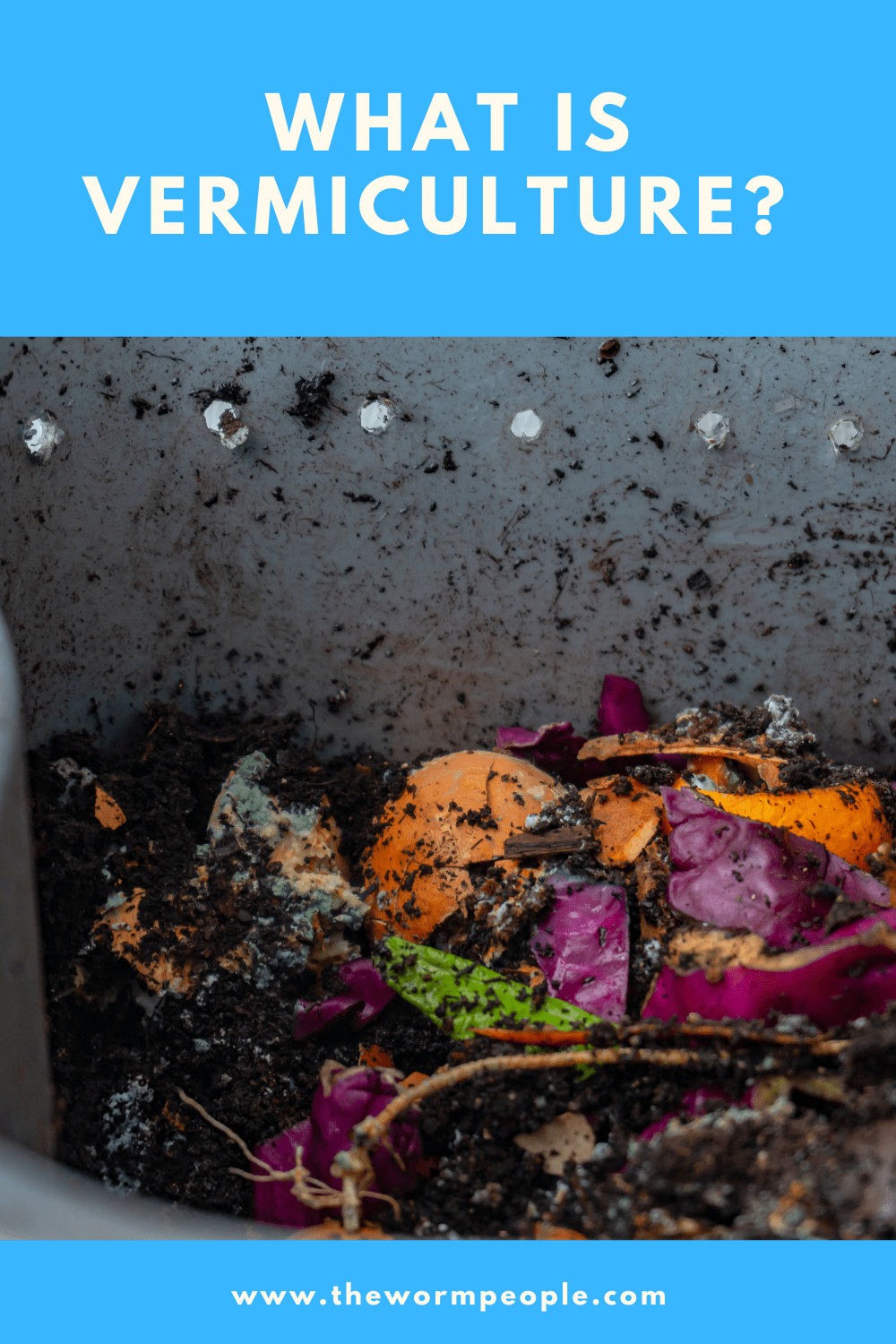
Jeffery Jago is a expert in horticulture and worm breeding. With a background in plant cultivation
Last Updated on April 24, 2021 by Jeffery Jago
Vermiculture isn’t the same as vermicompost. Where vermicompost is the result of decomposing organic material, vermiculture is a process that converts waste materials directly into compost which is a byproduct of breeding worms for making vermicompost in the first place. Not just that, though, also fishing bait, and in some cases, protein-rich food sources.
See, not complicating at all! (Sarcasm). The average person isn’t going to know the difference between the two, But that’s why I’m writing this article.
You can’t have worm castings without the worms, so you breed lots of worms to produce lots of castings. So really the main business model of a vermiculture setup is to breed more worms, and those worms will simply produce a byproduct; castings (vermicompost).
Those castings are then sold off, along with excess worms for a profit. So as you can see, it’s hard to define vermiculture as simply “rearing worms”, because the casting byproduct is a large and desirable part of that business model. But it always has to be second to the breeding aspect due to how it works.
I hope this short and simple article has helped answer any questions you may have about vermiculture.
Interested in learning more about vermicomposting? Check out our other articles:
what-is-vermiculture
what-is-vermicomposting
can-you-put-ash-in-compost-bin
can-you-compost-paper-bags
chicken-bones-in-compost
composting-with-worms-5-common-mistakes
can-you-compost-bread
can-you-compost-eggshells
can-you-compost-onions
can-you-compost-paper-towels
can-you-compost-paper-with-ink

